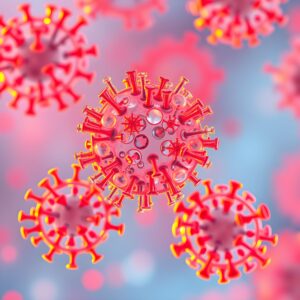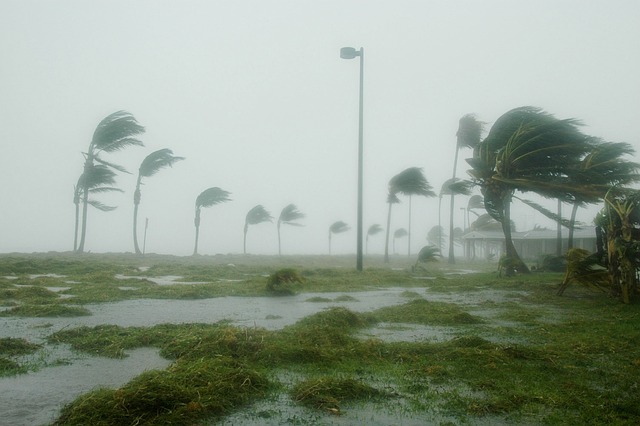In a devastating turn of events, Hurricane Idalia has left its mark on Florida, causing widespread power outages and affecting the lives of over 140,000 households. As the state grapples with the aftermath of this natural disaster, understanding the situation, being prepared, and taking appropriate steps can make a significant difference. In this article, we delve into the repercussions of Hurricane Idalia, emphasizing the importance of emergency preparedness to ensure the safety and well-being of residents.
The Impact of Hurricane Idalia
Hurricane Idalia struck Florida with fierce winds and torrential rainfall, resulting in a considerable number of power lines being knocked down and infrastructure being damaged. This unfortunate turn of events has left more than 140,000 homes without electricity, plunging families into darkness and disrupting their daily routines. As utility crews work around the clock to restore power, residents are facing challenges that range from spoiled food supplies to compromised communication systems.
The Importance of Emergency Preparedness
Events like Hurricane Idalia underscore the crucial importance of being prepared for natural disasters. Establishing a comprehensive emergency plan can significantly minimize the impact of such situations. Here are some key steps to consider:
- Create an Emergency Kit: Put together a well-stocked emergency kit that includes essential items such as non-perishable food, bottled water, flashlights, batteries, a first aid kit, medications, and important documents.
- Develop a Communication Plan: Establish a communication plan with family members and loved ones. This plan should outline how you’ll stay in touch during emergencies, including where to meet if you’re separated and how to reach out to each other.
- Stay Informed: Keep yourself updated about weather forecasts and emergency alerts. A battery-powered or hand-crank radio can be a valuable tool for receiving information when power and internet services are disrupted.
- Secure Your Home: Invest in storm shutters or reinforce windows and doors to protect your home from strong winds and debris. Trim trees and shrubs near your property that could potentially cause damage during a storm.
- Know Evacuation Routes: Familiarize yourself with evacuation routes in your area. Plan ahead for where you would go if you need to evacuate and how you’ll get there.
Staying Safe During the Aftermath
While waiting for power to be restored, it’s important to prioritize safety. Here are some tips to consider:
- Avoid Downed Power Lines: Stay away from downed power lines, as they can still be live and pose a serious threat.
- Use Generators Safely: If you’re using a generator, place it outdoors in a well-ventilated area to prevent carbon monoxide buildup. Follow the manufacturer’s instructions for safe operation.
- Conserve Resources: During power outages, conserve resources such as water and food. Use perishable items first and avoid opening the refrigerator or freezer unnecessarily.
- Check on Neighbors: Reach out to neighbors, especially those who are elderly or have special needs, to ensure their well-being and offer assistance if needed.
Conclusion
The aftermath of Hurricane Idalia serves as a poignant reminder that natural disasters can strike unexpectedly and disrupt our lives in significant ways. By embracing emergency preparedness measures, we can minimize the impact of such events and ensure the safety of ourselves and our loved ones. As Florida works towards recovery and restoring power to the affected homes, let us all take this opportunity to prioritize preparedness and safety in the face of uncertainty.












